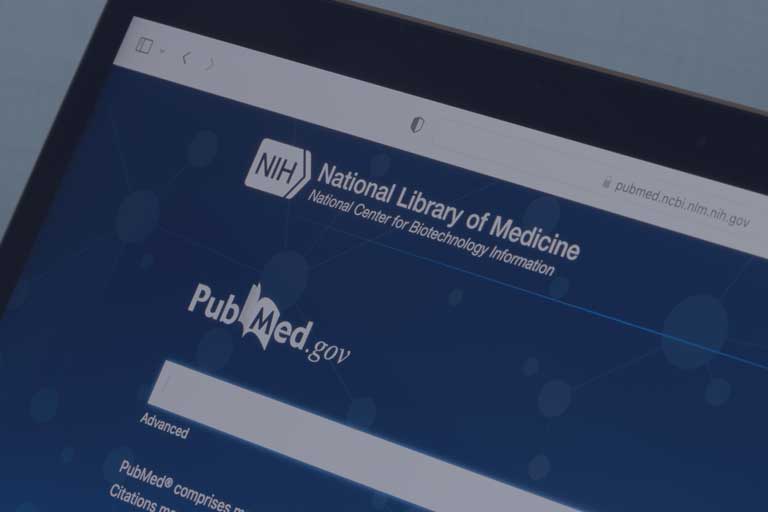Your science journal, from idea to publication, is a remarkable voyage. The ultimate destination? Publication. Disseminating your findings and ideas to peers and the public is the pivotal end goal. One crucial decision on this journey is choosing the right journal for your research. In this guide, we’ll walk you through the process step by step.
Decide Before You Write
Selecting the journal should precede your manuscript writing. This choice influences your manuscript’s structure, formatting, and audience alignment. It saves you time, enhances your chances of peer review, and ensures a publication that resonates.

How do you choose the best science journal for your research?
There are some easy-to-use online resources to help you decide which science journal would be most pertinent to your research:
JANE (Journal/Author Name Estimator) compares your document to Medline documents to find the best match. You can use your abstract or keywords to search JANE. More info on JANE can be found here: http://jane.biosemantics.org/.
Research Square provides a journal selection tool based on your article’s abstract or keywords.
You may also want to look at Google Scholar Metrics, which indexes the top journals in the sciences, humanities, mathematics, and tech with citation h-indexes.
The Directory of Open Access Journals (DOAJ) compares OA journals.
If you are still unsure of whether a journal is right for your findings, email the managing editor found in the “About” section of the journal’s website before your submission. Sending your abstract with an appropriate title will help the editor decide whether your paper is suitable for their journal (if they respond favorably, be sure to mention this in your cover letter).
Important factors to consider
Audience and Journal Scope
- Define your target audience. Are you writing for a general or specific audience?
- Assess the clinical or theoretical applicability of your findings.
- Determine if your research is field-specific or widely relevant.
- Investigate the journal’s scope. Is it general or specialized?
- Consider whether the journal caters to a specific sub-discipline.
- Evaluate the journal’s readership; a larger circulation is often favorable.
- Verify the journal’s reputation and publication regularity.
Beware of new journals that are similar in name to established journals as they may not be respectable, and may be predatory. It is unfortunate that Beall’s list of possible predatory journals is no longer published, but it can still be found in the web archives here.
Science Journal Requirements
- Review practical considerations such as article length, figure limits, and references.
- Consult the “Instructions to Authors” or “Guide for Authors” for guidelines.
- Ensure your work fits within the journal’s parameters.
Examples of author guides and publication instructions for Science, Nature, and the Journal of the American Chemical Society can be found here.
Language
Consider journals in languages other than English if your findings align better.
Review Process
- Understand the journal’s review process (Single-, Double-, Triple-Blind, or Open).
- Note that Triple-Blind and Double-Blind reviews provide anonymity.
- Open Review offers transparency but with known reviewers.
Time to Decision
- Opt for journals with shorter response times.
- Longer delays may indicate inefficiency, a weak reputation, or reviewer availability issues.
- Extremely fast timelines may signal insufficient quality submissions.
Acceptance-Rejection Rate
- While not the sole factor, consider the percentage of manuscripts accepted.
- High rejection rates may lead to prolonged publication timelines, while low rejection rates may indicate a lesser-known journal.
Note: If you want your findings published in top-tier journals, such as Science, Nature, NEJM, PNAS, and JACS, you must ensure that your manuscript strictly adheres to the journal’s scope and guidelines.
Online and Print Publication Time Frames
- Inquire about the time from acceptance to online and print publication.
- Confirm if the journal publishes online continuously or in issues.
- Ensure you have a definitive publication date to manage promotional efforts.
Journal Impact Factor (JIF)
- Assess the impact factor, but remember it’s just one factor.
- Promotion and tenure may give it more weight in certain regions.
Other journal impact factor rankings are issued by PageRank, OOIR (The Observatory of International Research), and Scimago.
Open or Closed Access
- Evaluate the accessibility of the journal.
- Open Access journals offer a broader readership, albeit sometimes with processing fees.
- They’re 47% more likely to be referenced in Wikipedia.
Promotion and Sharing
- Publication isn’t the end; promote your work for visibility.
- Utilize social media, especially Twitter, to catch science journalists’ attention.
- Share your research on personal blogs to reach a wider audience.
Elsevier and other journal publishers have guidelines for sharing your research article and encourage authors to do so. Click here to access their article on sharing and promoting your article.
Cost
- Be aware of Article Publishing Costs (APCs) for Open Access journals.
- These costs vary widely; inquire if they apply and seek institutional support if necessary.

Conclusion
Remember that each journal has specific submission guidelines, so read them carefully. Choosing your journal before writing saves you from time-consuming revisions. Make an informed choice, aligning your research goals with the journal that best amplifies your work’s visibility, credibility, and reach within the scientific community. Take your time, gather recommendations, and embark on this decision-making journey with confidence.




